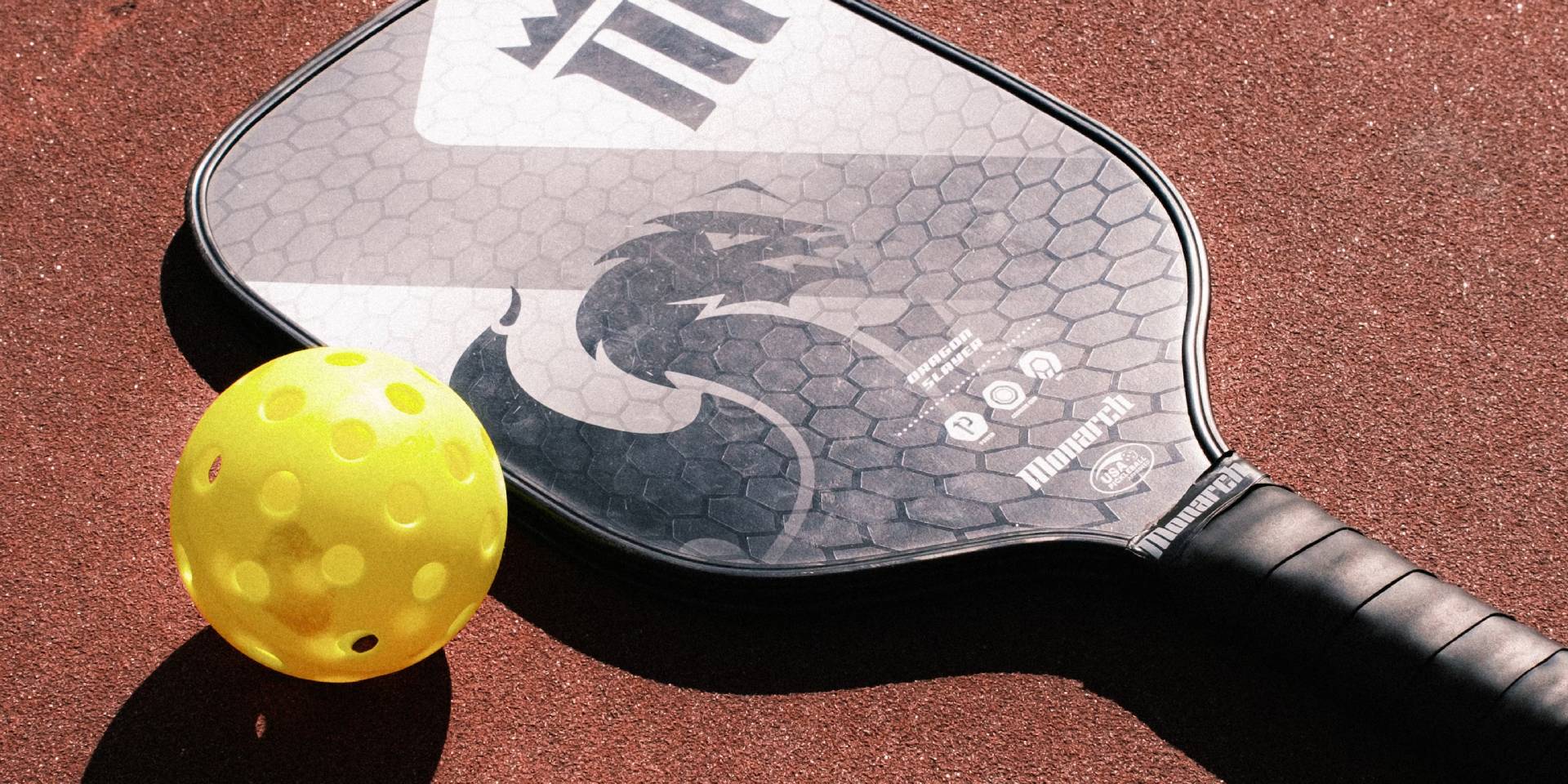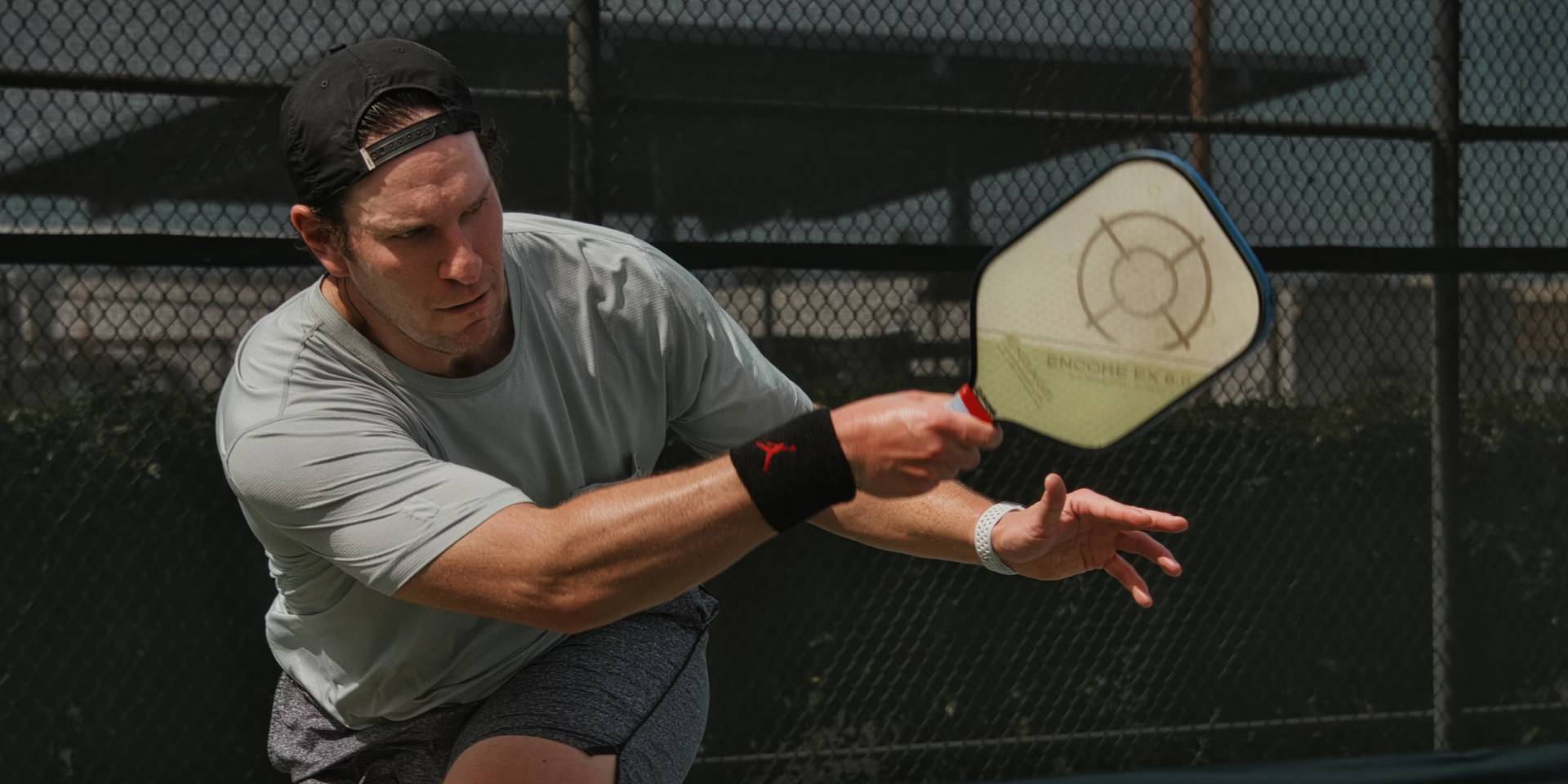
Is Pickleball an Olympic Sport? Exploring Its Path to the Games
Pickleball, a sport that started as a backyard pastime in the 1960s, has grown into a global phenomenon. With its easy learning curve, fast-paced action, and inclusive nature, it’s no wonder pickleball is one of the fastest-growing sports worldwide. But as its popularity surges, one question is on the minds of players and fans alike: Is pickleball an Olympic sport?
In this blog, we’ll explore whether pickleball has made it to the Olympics, the steps it must take to get there, and what the future might hold for this exciting sport.
Is Pickleball an Olympic Sport?
The short answer is: not yet.
As of now, pickleball is not part of the Summer or Winter Olympic Games. However, it’s not impossible to imagine a future where pickleball shares the Olympic spotlight with other racket sports like tennis, badminton, and table tennis.
The journey to becoming an Olympic sport is no small feat, but pickleball has already taken several significant steps in that direction.
What Does It Take to Become an Olympic Sport?
For a sport to gain Olympic status, it must meet several criteria set by the International Olympic Committee (IOC):
- Global Popularity: The sport must be widely practiced across the globe, with a significant number of countries and athletes participating.
- Governance: It needs a strong international governing body to standardize rules, promote the sport, and organize global competitions.
- Youth Engagement: The IOC prioritizes sports that attract younger audiences, keeping the Olympics relevant to new generations.
- Anti-Doping Compliance: The sport must adhere to the World Anti-Doping Code to ensure fair play.

How Close Is Pickleball to Meeting These Criteria?
Pickleball has made impressive progress in ticking these boxes:
- Rapid Global Growth:
Pickleball is played in over 70 countries, with strongholds in the United States, Canada, and countries in Europe and Asia. To qualify for Olympic consideration, a sport must have national governing bodies in at least 75 countries across four continents for men’s competitions (40 countries for women’s). Pickleball is well on its way to achieving this milestone. - International Governing Body:
The International Federation of Pickleball (IFP) serves as the global governing body, overseeing rules and organizing international tournaments. Established in 2010, the IFP continues to expand its reach, recently adding new member nations. - Youth Appeal:
Pickleball’s fast pace and accessibility make it a hit with younger players. Its growing popularity in schools, community centers, and recreational leagues demonstrates its potential to engage a broad audience. - Professionalizing the Sport:
Tournaments like the APP Tour, PPA Tour, and the US Open Pickleball Championships have brought professional-level play to the forefront, attracting sponsorships, media coverage, and increased legitimacy. - Anti-Doping Compliance:
Pickleball is making strides toward aligning with anti-doping standards, a necessary step for Olympic inclusion.
Challenges on the Path to the Olympics
While pickleball is making great progress, challenges remain:
- Global Uniformity: Despite its growth, pickleball’s presence in some regions (notably Africa and South America) is still limited. Efforts to promote the sport in underrepresented areas will be crucial.
- Competition for Olympic Spots: The Olympics has limited room for new sports. Recent additions like skateboarding, surfing, and climbing reflect the IOC’s push for youth-friendly, action-packed events. Pickleball will need to position itself as a unique and valuable addition.
- Time and Effort: The process of gaining Olympic recognition can take decades. Sports like karate and squash have tried for years without success, despite widespread popularity.
Why Pickleball Deserves a Spot in the Olympics
Pickleball’s unique blend of strategy, athleticism, and inclusivity makes it an excellent candidate for Olympic competition. Here’s why:
- Accessibility: Pickleball is easy to learn and can be played by people of all ages and skill levels. This aligns with the Olympic spirit of bringing nations and individuals together.
- Fast-Paced Action: The sport’s dynamic rallies and quick reflexes make it a thrilling spectator sport.
- Diverse Player Base: From recreational players to professionals, pickleball appeals to a wide range of athletes.
What’s Next for Pickleball?
To boost its Olympic chances, the pickleball community must focus on:
- Expanding the sport into underrepresented regions.
- Strengthening its international governing body.
- Demonstrating its ability to attract global audiences through major events and media coverage.
A Bright Future
While pickleball is not yet an Olympic sport, its rapid growth and passionate community suggest a bright future. The sport’s journey to the Games may take years, but with continued dedication and expansion, the idea of pickleball becoming an Olympic staple is well within reach.
So, whether you’re a casual player or a devoted fan, keep your paddles ready—pickleball might just become the next big thing on the world’s biggest stage.
Do you think pickleball should be an Olympic sport?